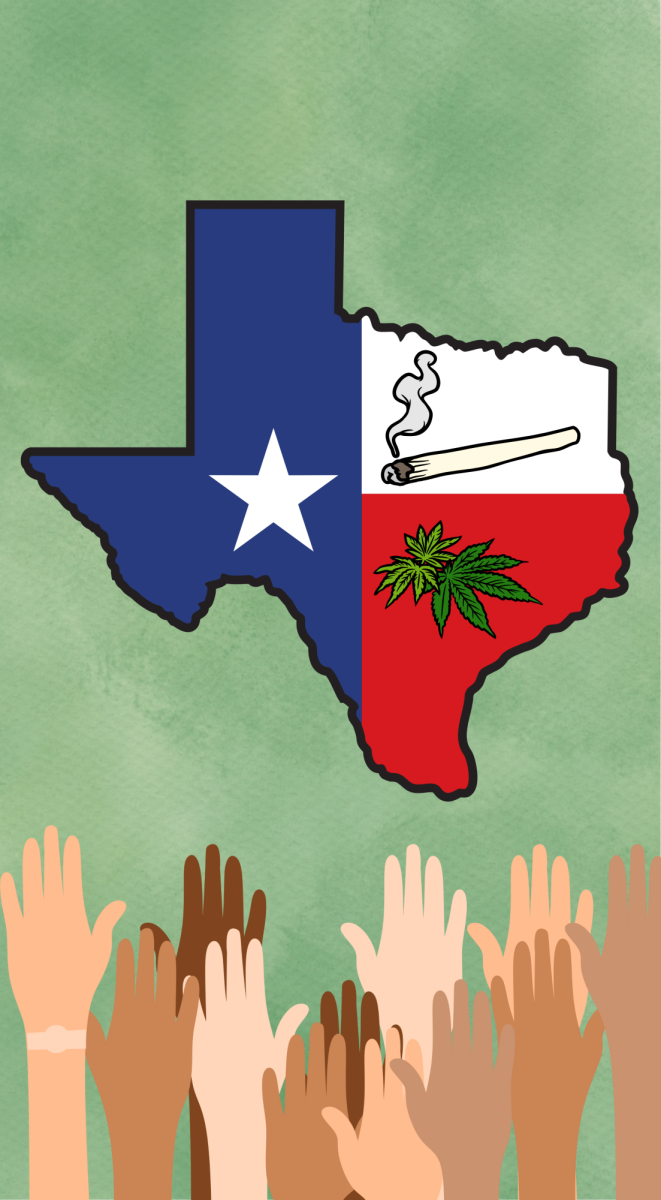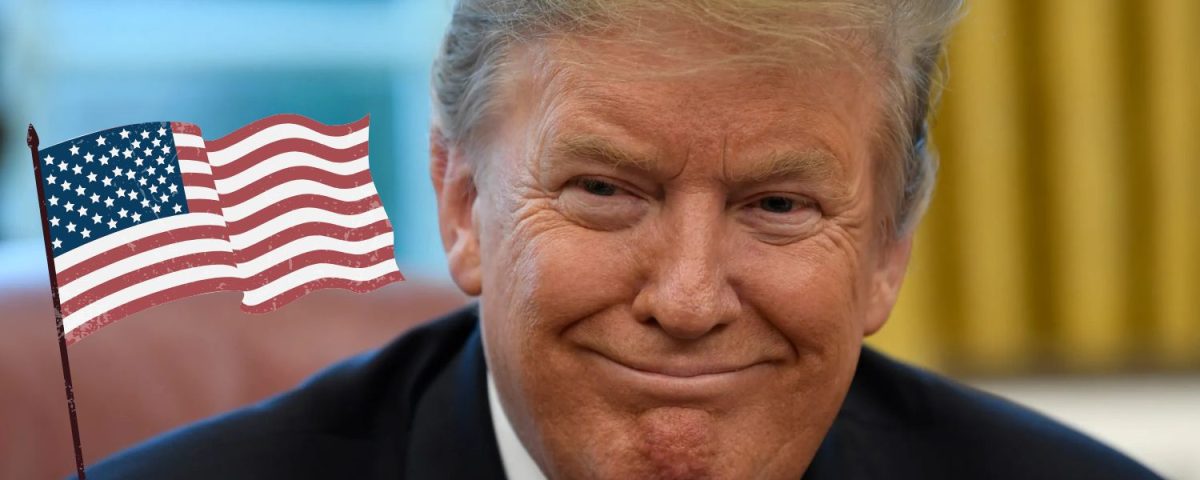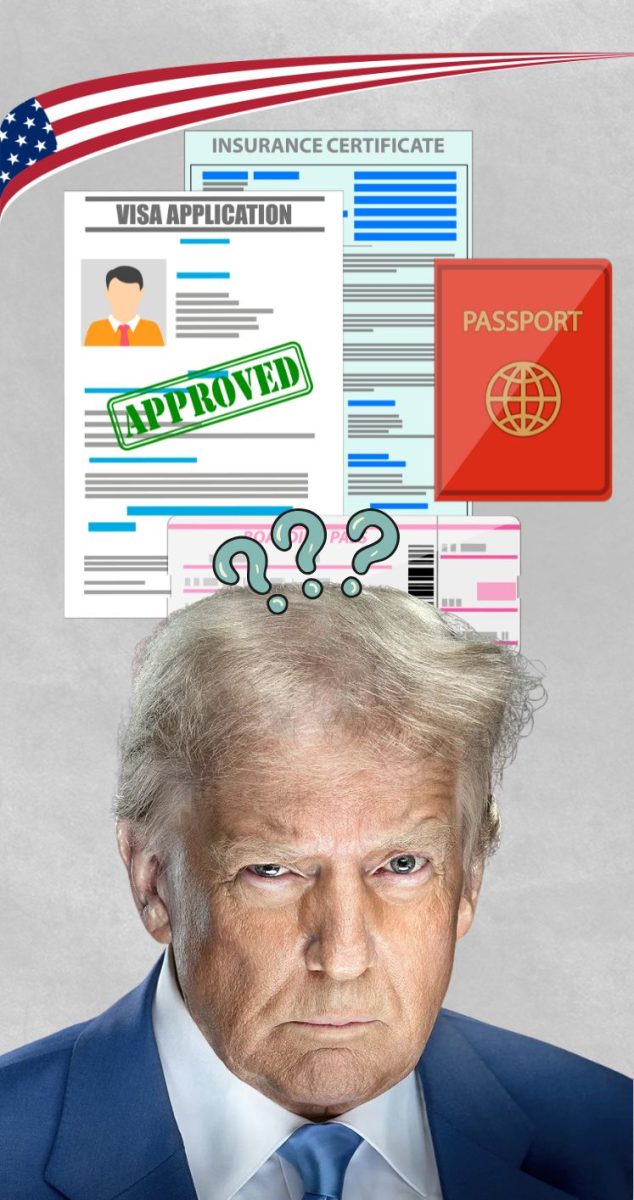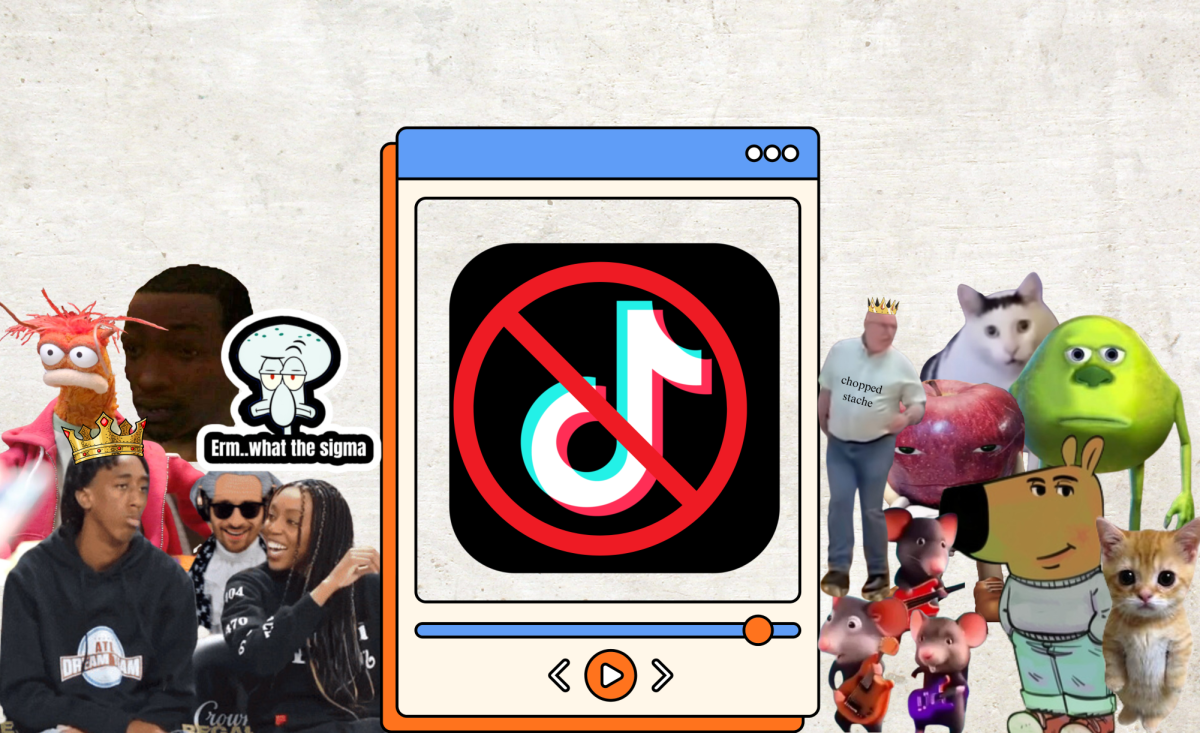It has been two months since the Dallas Police Department enacted a policy that prevents the arrest of people possessing less than 4 ounces of marijuana.
The motion, titled Proposition R, was led by the nonprofit organization Ground Game Texas and was approved by 65% of Dallas voters in the Nov. 5 elections. It appears to be a step toward modernizing cannabis-related laws. However, it’s crucial to understand its limitations and consequences to avoid legal confusion and issues, as marijuana remains illegal in Texas. It’s important to emphasize that this decriminalization is only valid within the Dallas city limits.
Even though there won’t be any arrests, people caught with less than 4 ounces of marijuana will still get citations and fines. Under this new policy, possession of up to 2 ounces will remain a Class B misdemeanor, and possession of 24 ounces will continue to be a Class A misdemeanor.
At the federal level, marijuana is still classified as a Schedule I substance under the Controlled Substances Act, meaning it remains illegal in all circumstances. This creates a conflict between local and federal policies.
According to the Bureau of Justice Statistics, approximately 45% of national arrests are drug-related, with most being for simple possession. With this new bill, Dallas Police has the opportunity to focus its efforts on more dangerous threats to the public.
“I’m happy we’re trying to catch up with other parts of the country with the way we’re handling weed”, said Cynthia Rollins, a student at Richland campus. “I feel like there are so many more issues in the community that we should be focusing on instead of worrying about something that is pretty common nowadays.”
This new law could reduce racial disparities in marijuana possession arrests, as communities of color have historically faced disproportionate impacts from drug-related charges.This policy change is a step toward fairness, but whether it actually reduces inequality will depend on how it’s enforced and if it leads to real change in people’s attitudes and state laws.
“I think its a good idea,” said Richland student Jeante Davis. “It doesn’t affect me personally but there are a lot of ways that these laws can be misused and I think it’s important to update the city’s rules.”
It is essential to clarify that the on-campus possession or use of marijuana at Dallas College is strictly prohibited and could result in disciplinary action.
The city of Houston has also modified their laws regarding marijuana. In the city, individuals caught with small amounts of marijuana are required to complete an educational class as a consequence instead of being sent to jail. Houston implemented this measure in 2019 with the goal of reducing the burden on the criminal justice system and preventing people from facing the consequences of a misdemeanor conviction, while also promoting education on the effects and laws related to marijuana possession.
The decriminalization of marijuana in Dallas doesn’t necessarily mean that marijuana will be legalized in Texas anytime soon. While there’s more flexibility in handling minor marijuana offenses, fully legalizing marijuana is still a complicated issue, especially in a conservative state such as Texas.














